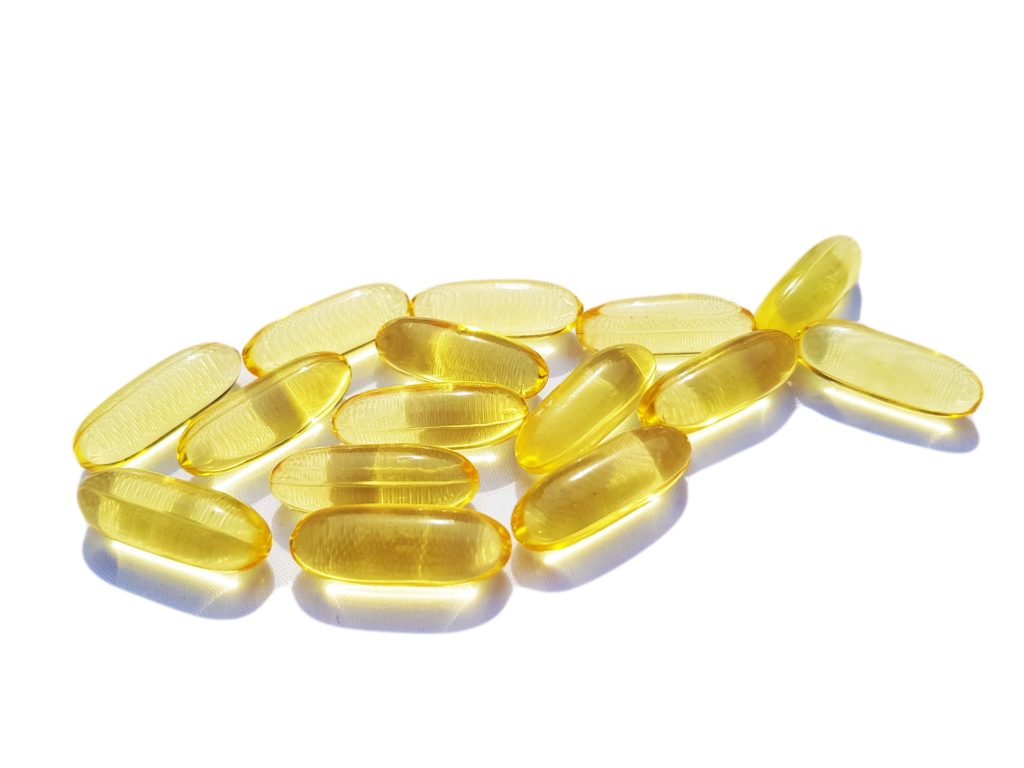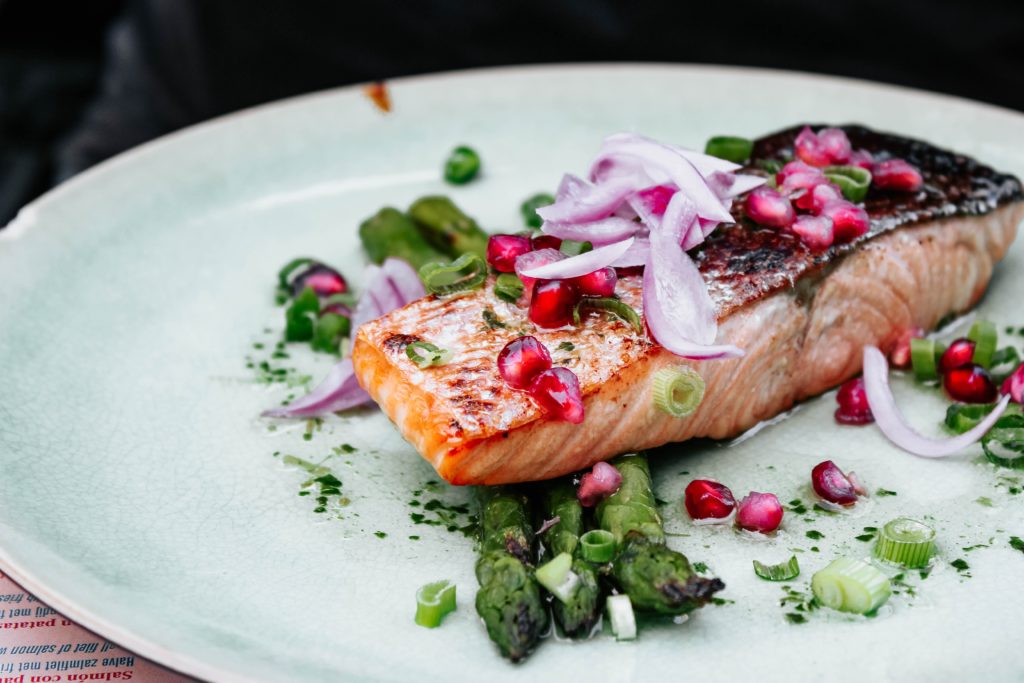Natural Treatments for Bipolar Disorder
Bipolar Disorder

Bipolar disorder is a condition where an individual cycles between episodes of depression and mania. Mania is defined in the fifth edition of the Diagnostic and Statistical Manual of Mental Disorders (DSM-5) as:
“a distinct period of abnormally and persistently elevated, expansive, or irritable mood and abnormally and persistently goal-directed behavior or energy, lasting at least one week and present most of the day, nearly every day (DSM 2016).”
Individuals who are manic often have excessive energy, talk quickly and need less sleep. They also typically engage in risky or other problematic behaviors like excessive shopping or inappropriate business ventures.
Bipolar 1 Versus Bipolar 2
Bipolar disorder is further subdivided into type one and type two. Type one is more severe with well-defined manic episodes. Type two is less severe, with “hypomanic” episodes often being shorter in duration and less intense.
While this may be controversial, in my own clinical experience, the bipolar 2 diagnosis often felt misapplied. In many cases, patients struggling with symptoms that were diagnosed as bipolar 2 had a personal history of trauma and abuse, usually from an early age. For many of these individuals, my sense was that they had not been able to learn how to self-regulate challenging emotions which could contribute to the ups and downs that were then labeled as type 2 bipolar disorder. Due to the stigma often associated with bipolar disorder, the diagnosis often felt harmful to the individual’s identity and self-esteem. While these patients were given a label of bipolar type 2, it seemed like a better description would encompass the problems created from a history of childhood trauma.
With that all being said, I still recognize that there is a spectrum to bipolar disorder and some patients are less severe.
Natural Treatments for Bipolar Disorder
Omega 3 Fatty Acids (Fish Oil)
One of the better studied natural approaches for treating bipolar disorder is with omega-3 fatty acids, or fish oil. Fish oil is high in two omega-3s, EPA (eicosapentaenoic acid) and DHA (docosahexaenoic acid). One of the most recent meta-analyses of clinical trials of fish oil in combination with standard treatment for bipolar disorder found moderate size reductions in residual depressive symptoms with its use (Kishi 2021).
However, when it comes to fish oil, quality can be important. Fish oil is easily damaged or oxidized which can lead to rancidity. One study from 2013 found that half of commercial products did not meet their label claims for content, with a quarter of products exceeding recommended peroxidation levels (Ritter 2013). A study on three major brands of fish oil sold in the United States also found concerns for the level of rancidity in available products (Mason 2017). A large study in Canada of 171 fish oil products found that half exceeded levels of peroxidation (Jackowski 2015). Finding brands that have independent lab testing for EPA, DHA, contamination and peroxidation can help to minimize the risks of utilizing a poor quality product.
N-Acetylcysteine (NAC)
As a supplement, N-acetylcysteine (NAC) is an amino acid precursor to glutathione, a major antioxidant that plays a part in the body’s defenses against free radicals and oxidation. A meta-analysis from 2023 found that NAC, in combination with standard medication, is recommended for the treatment of bipolar disorder (Xu 2023). Based on the available studies, the effect of NAC on bipolar symptoms is of a moderate size, indicating that improvements with supplementation are probably clinically relevant. Of interest, patients with lower levels of free amino acids in the blood have been shown to respond better to NAC supplementation (Bortolasci 2021). However, NAC is quite safe, and I would personally be comfortable giving it to a patient without checking amino acid levels first.
Coenzyme Q10 (CoQ10)
Another supplement that supports antioxidant activity along with cellular energy production is CoQ10. An initial small pilot trial of CoQ10 added to standard treatment for bipolar depression found that CoQ10 had a significant effect in reducing symptoms after four weeks (Forester 2015).
In a separate study of bipolar patients already taking medication, CoQ10 more than halved depression scores (Mehrpooya 2018). For patients on placebo, depression symptoms were only reduced by one-third. The treatment was shown to increase antioxidant status of the blood while decreasing inflammation (Jahangard 2019).
Probiotics
Beneficial bacteria or probiotics have been used for the treatment of gastrointestinal conditions, for improving immune function and for supporting mental health. While the research is limited, one clinical trial in bipolar patients found that probiotics decrease rehospitalization rates from 73% to 24% (Dickerson 2018). In a separate trial of bipolar patients whose symptoms were currently under control, probiotics improved cognitive functioning (Reininghaus 2018).
Low-Carbohydrate Dietary Interventions

Bipolar disorder has a strong association with blood sugar problems which can worsen the course of the disease (Giménez-Palomo 2022). Dietary strategies to improve blood sugar handling may have a place in the treatment of bipolar disorder. One approach to help improve blood sugar handling is through the ketogenic diet. A ketogenic diet is a diet that severely limits carbohydrate consumption, emphasizing fat and protein instead.
A case report on two women who achieved better mood stabilization with a ketogenic diet versus bipolar medication likely helped to spark renewed interest in the approach (Phelps 2013). Another case report followed, outlining benefits in a bipolar patient on a ketogenic diet (Saraga 2020). In 31 adults who were hospitalized due to severe mental health conditions, including 13 bipolar patients, a ketogenic diet was found to reduce depression scores by almost 70% (Danan 2020).
Conclusion
Bipolar disorder is a serious mental health condition that can be difficult to treat. Yet a number of natural and integrative approaches appear to hold promise for improving symptoms in bipolar patients. From dietary interventions to fish oil, for individuals struggling with bipolar symptoms, these approaches, typically combined with standard care, may help to improve treatment outcomes.



